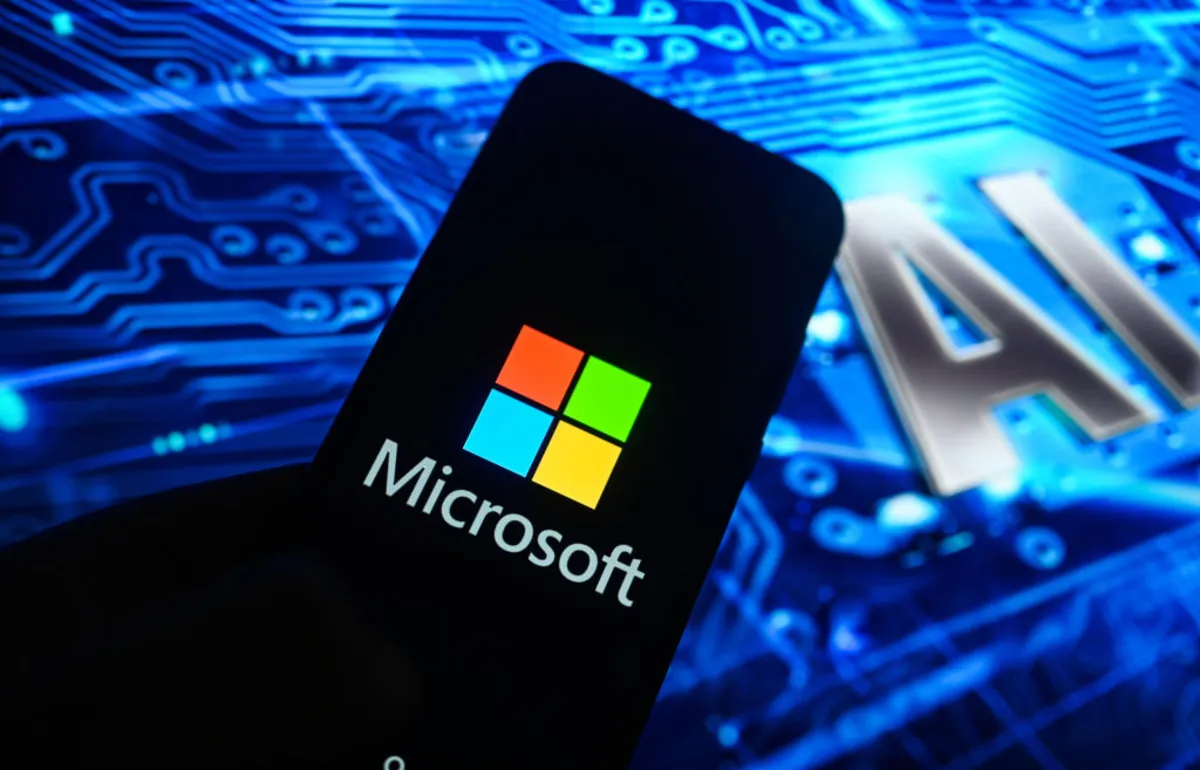
Microsoft is set to host its highly anticipated annual Build developer conference from May 19 to 22. This event promises to be a significant milestone for developers and tech enthusiasts alike, featuring a plethora of announcements related to new AI integrations, services, and applications, particularly for Windows. Last year's Build conference showcased exciting innovations, including the integration of Copilot into Microsoft Teams, the introduction of Copilot+ AI-powered PCs, and the launch of Windows Volumetric Apps for Meta Quest headsets.
This year's keynotes will be streamed online for free, making it accessible for anyone interested in the latest developments from Microsoft. Attendees can expect a dynamic lineup of presentations and discussions that highlight the company's vision for the future of technology.
As for what to anticipate during the conference, there's substantial speculation that Microsoft will unveil deeper integrations of its Copilot generative AI across various software offerings, catering to both consumer and enterprise markets. In November, Microsoft raised prices for many of its software products, including Windows 365, Office 365, and Microsoft 365, by 5%. This price hike sets the stage for potential new AI-powered features and capabilities that could justify the increased costs.
Copilot is expected to be a headliner at the Build conference, with significant enhancements likely on the horizon. Reports suggest that Microsoft is exploring alternative AI models from xAI, Meta, Anthropic, and DeepSeek as potential replacements for OpenAI technology in Copilot, especially as the relationship between Microsoft and OpenAI appears to be deteriorating.
In relation to Windows, Copilot may soon gain “agentic” functionality, enabling it to perform basic PC tasks autonomously. Notably, a well-known leaker, TestingCatalog, discovered references to an Action button within the Copilot client for Windows. When selected, this button could initiate certain everyday tasks, streamlining user experiences and enhancing productivity.
Furthermore, Microsoft is reportedly developing a family of models named MAI, which are positioned to compete with OpenAI's offerings. The tech giant is considering making these models available through an API, which could open new avenues for developers and businesses looking to leverage AI capabilities.
With the Build conference just around the corner, all eyes will be on Microsoft to see how it plans to redefine AI integration within its products and services. This event may well serve as the platform for Microsoft to unveil groundbreaking features and innovations that could shape the future of technology.